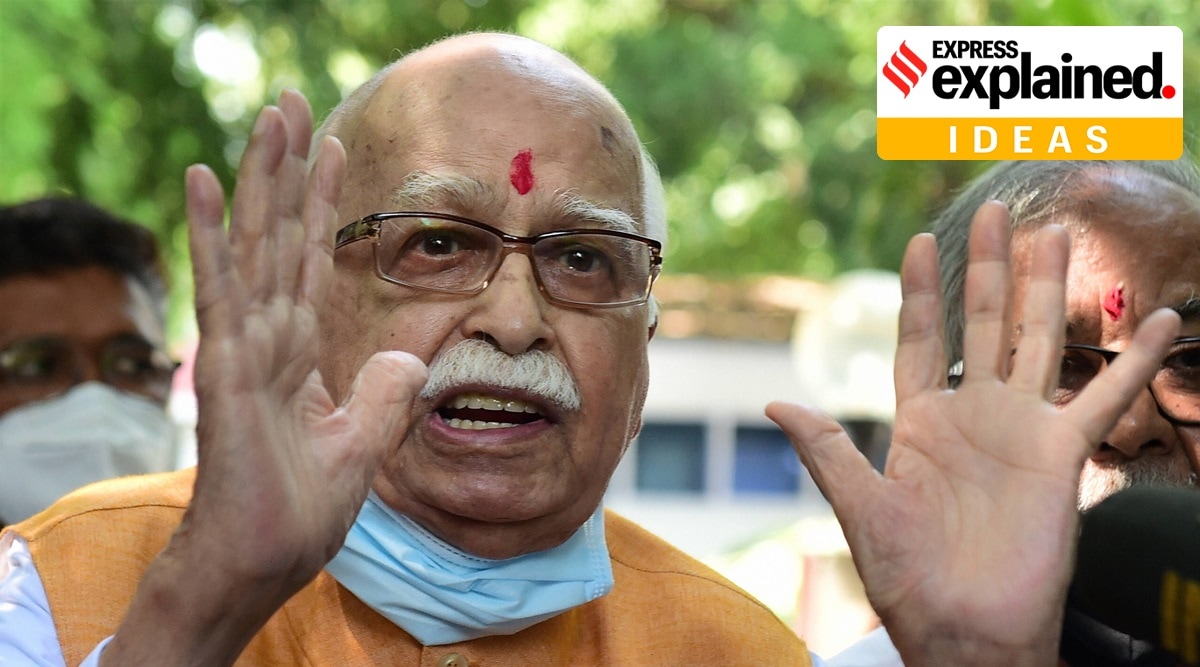Explained Ideas: Why the Babri Masjid demolition verdict is being seen as unjust
The CBI could not present credible evidence in the case, particularly on the charges of criminal conspiracy, write Faizan Mustafa and Aymen Mohammad.

In the historic Babri judgment last year, the Supreme Court had held the demolition as an “egregious wrong”. On Wednesday, none of the 32 surviving accused out of 49 was found guilty of such a serious crime.
The accused were charged with various sections of the Indian Penal Code pertaining to incitement to violence (Sections 153A and 153B), conspiracy to commit a crime (Section 120B), and unlawful assembly (Section 149).
The overarching import of these charges was that there was a joint agreement on the part of the accused to demolish the Babri Masjid on December 6, 1992.
For criminal conspiracy, mere agreement is punishable and for unlawful assembly, mere presence is enough to make one liable.
True, the benefit of even a little doubt accrues to the accused in a criminal trial. Yet, the CBI could not present credible evidence in the case, particularly on the charges of criminal conspiracy.
“The judgment is controversial as the court has acquitted all the accused and held the demolition as spontaneous, for which no one except unknown anti-social elements must have been responsible,” write Faizan Mustafa and Aymen Mohammad of NALSAR University of Law in an opinion piece in The Indian Express.
The court did not accept the over 100 videotapes of the incident as the audio was not clear, but then most criminal trial convictions are made on the basis of oral and documentary evidence. As many as 351 witnesses had testified and more than 800 documents were produced. Yet, the CBI failed to convince the judge.
“The Babri litigation has been unique and unprecedented both in civil suits as well as criminal trials,” they state.
Also read | Explained Ideas: Why India needs to be prepared to deal with the growing Sino-Pak nexus
They argue that the acquittal of all the accused is a setback to the CBI’s reputation. The Supreme Court itself has called it a “caged parrot”. It is high time that it is liberated from political influence.
“India’s criminal justice system cannot improve if prosecution and investigation functions are not bifurcated. The Criminal Law Reforms Committee must make a strong recommendation on this,” they conclude.